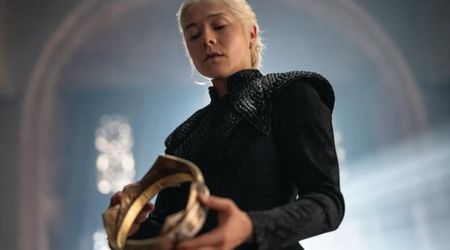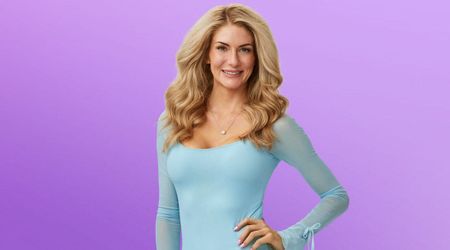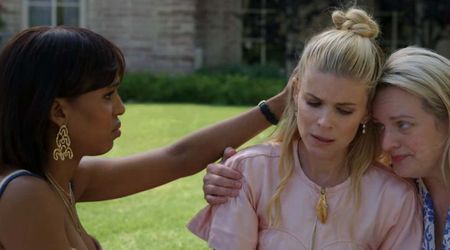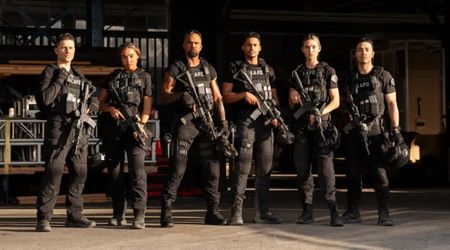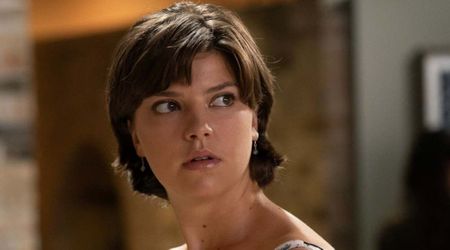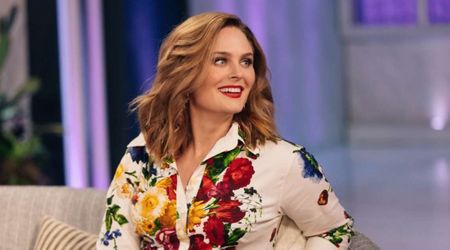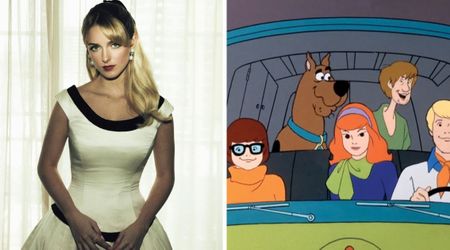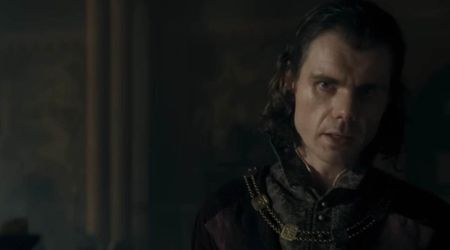'Never Have I Ever' Review: A valid and relatable voice of an Indian growing up in modern-day America

Spoilers for 'Never Have I Ever'
The teen dramedy is an impressive effort at highlighting Indian cultural norms from superstitions to expectations. Although a chill watch, the story fell short of bringing anything new to a narrative that has already been highlighted in other Hollywood produced shows on India. What it does well though, is continue to spark up conversations of what first-generation Indians go through while growing up in a world that seems to stray them away from their eastern culture.
Devi Vishwakumar (Maitreyi Ramakrishnan), a sophomore in high school, recently lost her father, Mohan (Sendhil Ramamurthy) to a heart attack during a school function and lost her ability to walk due to a psychosomatic episode. Wanting to change her "uncool" identity to fit into a crowd that seems to be more focused on boyfriends, sex, alcohol, and drugs, she puts her grief about her father's death on the back burner.
While coming from a culturally-rooted family that wouldn't even let the blessed textbooks touch the floor, she maneuvers her way through a life where she considered Ganesh pooja a drag and a party with her crush Paxton Hall-Yoshida (Darren Barnet) a win-win situation.
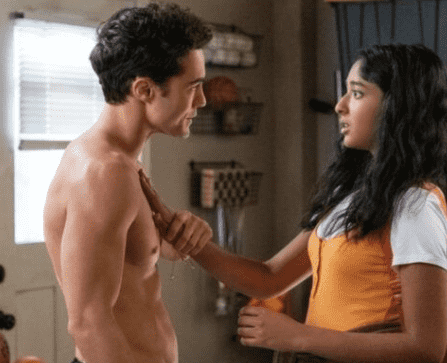
In the midst of trying to fit in and being overly encouraged by her mother Nalini (Poorna Jagannathan) to go to Princeton, her character embodies the story of many young Indians - male or female - who move to America to make it big. The show tackles interesting cultural clashes that children face once they are put in a community that focuses on things that the Indian cultures either don't allow or consider oddities.
If you're a modern-day first-generation Indian American or know someone that is, the hilarity of the ten episodes might ring a bell. The series tackles arranged marriages with Devi's cousin Kamala (Richa Shukla), the inaccuracy in the statement that therapy is for 'white people' the importance of representing culture away from home, the need for Indian parents to instill fear of not being number one and the weight of mental illness, in ways that will have you tear up more than a few times.
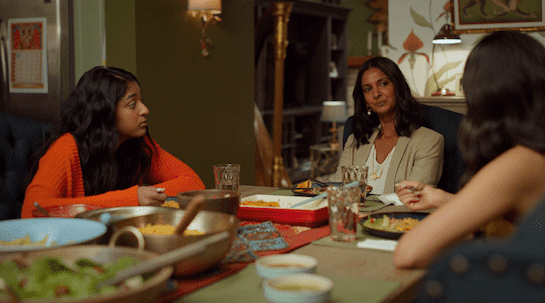
While John McEnroe, tennis player, was an interesting choice as a narrator and was said to have made sense, because he was Devi's father's favorite, it did feel a bit forced and off-putting. It did not add much to the feel of the show, and seemed to be out of place, but did, of course, yield a few giggles here and there. The actors of the series seemed organic in their ways of portraying their characters, giving the series a homely feel in which most modern-day first-generation Indian American teenage girls could relate to.
The cast, a beautiful, talented and inclusive bunch brought back the importance of diversifying Hollywood productions by including cast members from different home fronts. Devi's best friends, Fabiola Torres, robotics team captain and Eleanor Wong (Ramona Young), president of the drama club were referred to as the UN. Yes, we thought it was racist too until we found out the nickname meant "unf***able nerds" - we can't decide which is more infuriating. Nevertheless, the trio of the actress did an effortless job bringing their unique characters to life as they navigated drama, lovers, disagreements, and their identities together.
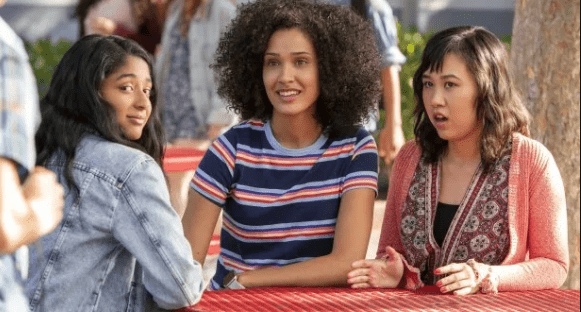
After Devi's mother decides that moving to India would benefit Devi, a fit of rage resulted in harsh words that most teenagers would be familiar with. Indians have a soft spot for making sure cultural norms are passed on through generations whether they live in India or are moved to the western world. Most of the time, it is a hard pill to swallow when a child is growing up in a country that usually has norms that fall on the opposite side of their cultural spectrum.
The show is inspired by Mindy Kaling's childhood and the characters do scream Kaling's artistry. While Mindy was against the idea, we would have loved to see a series about an Indian girl growing up in the '80s. The series may have had a predictable front, it did showcase a true aspect of the struggles - physically, emotionally and mentally - first-generation Indians go through as they navigate through a community that looks to them as though they are from a different world.
'Never Have I Ever' is currently streaming on Netflix.

